
How Does AI Integrate with Blockchain: The Future of Intelligent Decentralization
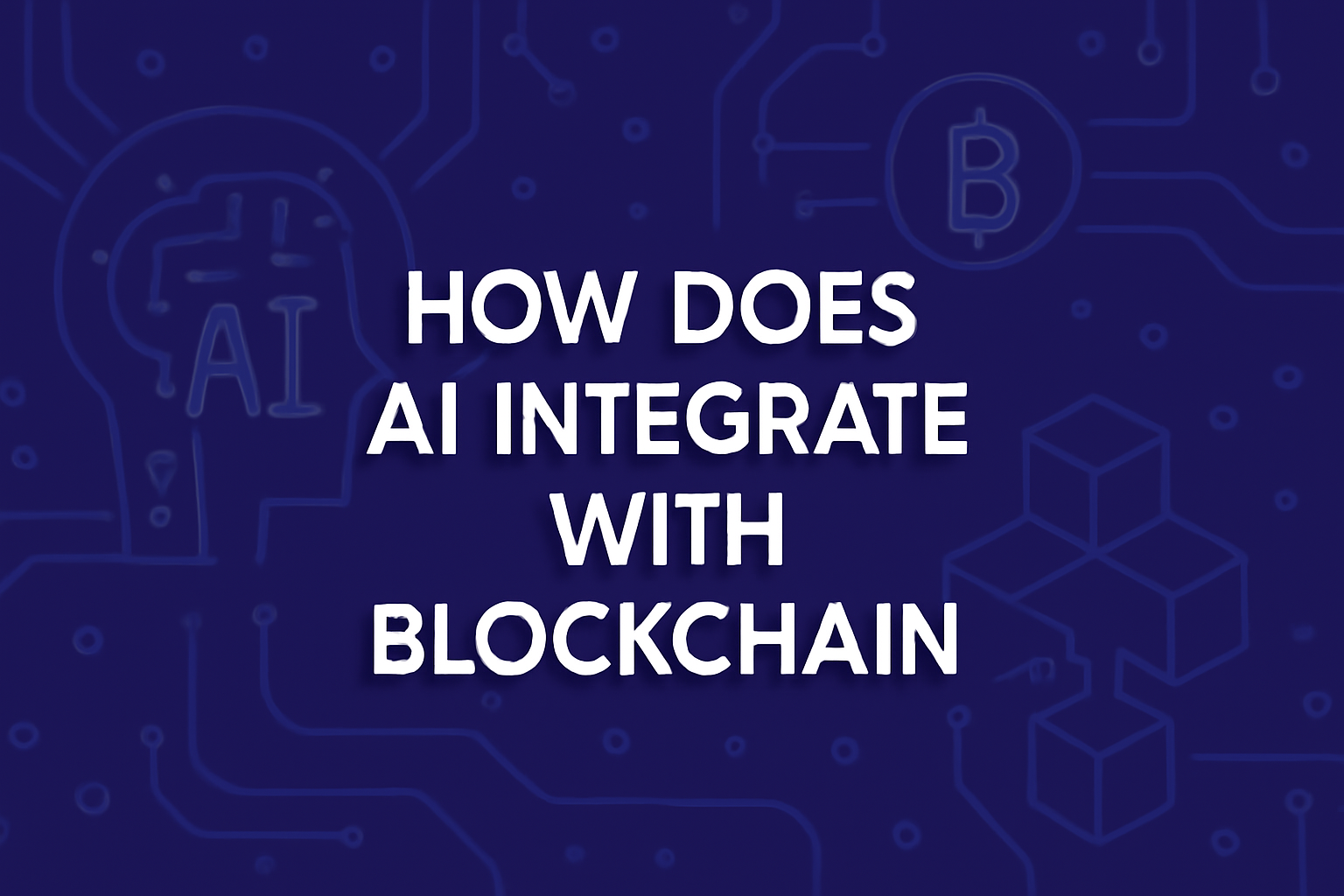
The convergence of artificial intelligence and blockchain technology is rapidly becoming one of the most transformative forces in the digital landscape. Understanding how does AI integrate with blockchain is critical as this powerful combination reshapes industries by enhancing security, transparency, and automation across diverse sectors. From autonomous smart contracts to AI-powered crypto analytics, combining AI with blockchain infrastructure unlocks unprecedented possibilities for businesses and developers worldwide, driving the digital future toward intelligent decentralization.
The Current State of AI-Blockchain Integration
The market for AI-blockchain integration is experiencing remarkable growth. Industry reports indicate that the blockchain AI market expanded from $0.57 billion in 2024 to an expected $0.7 billion in 2025, reflecting a robust compound annual growth rate (CAGR) of 23.2%. This momentum is projected to accelerate further, with estimates reaching $1.88 billion by 2029 at a CAGR of 28%. These figures highlight that AI and blockchain synergy is not just a technological trend but a fundamental shift in how digital systems operate.
At its core, this integration leverages AI models' analytical capabilities alongside blockchain networks' immutable ledgers to create intelligent, secure, and autonomous ecosystems. While blockchain technology ensures transparency, decentralized transactions, and data integrity, artificial intelligence adds automation, predictive analytics, and adaptive decision-making. This combination results in smarter, more efficient processes than either technology could achieve independently.
Key Integration Areas and Use Cases
Smart Contract Evolution Through AI
Traditional smart contracts have revolutionized decentralized transactions but remain largely static and rule-based. The integration of AI transforms these contracts into dynamic, intelligent entities capable of adapting to changing conditions. By incorporating machine learning and natural language processing, AI-powered smart contracts can analyze data, predict outcomes, and make autonomous decisions.
For example, financial smart contracts enhanced with AI can monitor real-time market data to optimize trade execution and adjust parameters based on economic indicators. In manufacturing, AI-enabled contracts process sensor data to predict equipment failures, automatically triggering maintenance workflows to prevent downtime. Similarly, in supply chain management, these contracts analyze historical demand patterns and adjust inventory levels, supplier orders, and distribution strategies dynamically.
The growing demand for such intelligent contract solutions is reflected in the blockchain AI market’s projection to reach nearly $1 billion by 2030, underscoring the vital role of AI in evolving smart contracts.
Enhanced Security and Fraud Detection
One of the most compelling benefits of integrating AI with blockchain lies in enhancing security and fraud detection. AI algorithms excel at pattern recognition and anomaly detection, while blockchain provides an immutable audit trail. Together, they form robust systems capable of real-time threat analysis and automated risk assessment.
AI systems monitor blockchain transactions continuously, identifying suspicious patterns that may indicate fraudulent activity. Machine learning models analyze transaction histories and user behavior to assign risk scores, automatically flagging potential threats before they escalate. Importantly, all security events and AI-driven decisions are recorded on the blockchain, ensuring transparency and ensuring data integrity through tamper-proof logs.
Data Management and Privacy
Data management challenges, particularly concerning privacy and security, are effectively addressed through AI blockchain integration. Blockchain networks enable secure data sharing by encrypting sensitive data and providing decentralized access controls. Meanwhile, AI tools analyze encrypted data without exposing raw information, preserving data privacy.
This approach facilitates decentralized AI training where multiple parties contribute appropriate training data while maintaining ownership and control over their sensitive data. Additionally, AI systems can automate compliance monitoring across blockchain networks, ensuring adherence to regulations like GDPR by tracking data usage and enforcing privacy standards automatically.
Industry Applications and Real-World Impact
Healthcare Revolution
The healthcare industry is witnessing a profound transformation through the integration of AI and blockchain systems. Managing patient data securely while improving diagnostic accuracy is a top priority. Hospitals and medical institutions employ AI-powered blockchain solutions to protect medical records by combining blockchain encryption with AI access controls, safeguarding sensitive patient information.
Artificial intelligence analyzes medical records and imaging data to enhance diagnostics, while blockchain guarantees data integrity and provenance. Moreover, secure data sharing enabled by blockchain facilitates collaborative AI research across institutions without compromising patient privacy, accelerating medical breakthroughs and personalized treatments.
Supply Chain Transparency
Supply chain management benefits significantly from blockchain integration with AI technologies. Companies such as VeChain utilize AI-powered sensors combined with blockchain tracking to ensure product authenticity and traceability throughout the supply chain.
AI algorithms verify products in real-time, while blockchain records create an immutable proof of origin and handling. Machine learning models predict supply chain disruptions, enabling proactive logistics management. Additionally, smart contracts enforce quality standards automatically by analyzing product conditions through AI, streamlining operations and enhancing transparency.
Financial Services Innovation
The financial sector is undergoing rapid innovation through combining AI and blockchain. AI models assess lending risks dynamically, while smart contracts execute decisions automatically, optimizing risk management. Real-time transaction analysis powered by AI, coupled with immutable blockchain records, forms a formidable defense against fraud.
Furthermore, AI systems automate regulatory compliance by continuously monitoring blockchain activities and generating reports, reducing manual oversight and ensuring adherence to financial regulations. These advancements improve operational efficiency and foster trust in decentralized financial services.
Token Metrics: Leading the Crypto Analytics Revolution
In the fast-evolving cryptocurrency landscape, Token Metrics exemplifies the successful integration of artificial intelligence and blockchain technology. As a premier AI-powered crypto trading and analytics platform, Token Metrics provides traders and investors with cutting-edge market intelligence and automated decision-making tools.
Advanced AI-Powered Features
Token Metrics employs sophisticated machine learning algorithms to generate comprehensive AI ratings for cryptocurrencies. These include Trader Grades (0-100) indicating short-term potential and Investor Grades assessing long-term viability, enabling users to prioritize investment opportunities effectively.
The platform’s predictive analytics analyze vast datasets to identify emerging trends and forecast market movements before they unfold. Additionally, AI-managed indices dynamically rebalance portfolios based on market conditions, offering diversified exposure to established assets and high-potential “moonshot” tokens.
Real-Time Market Intelligence
Addressing critical challenges in crypto trading, Token Metrics uses advanced natural language processing to interpret social sentiment from various sources, anticipating price movements. AI monitors institutional flows across exchanges, providing users with real-time insights to respond swiftly to market shifts.
Custom alert systems deliver notifications via email, SMS, or messaging apps, ensuring traders never miss critical opportunities. This integration of AI and blockchain data creates a transparent system for fair and decentralized transactions.
Comprehensive Trading Ecosystem
Token Metrics has evolved into a holistic trading ecosystem that includes direct on-chain trading capabilities, allowing users to execute trades based on AI insights without leaving the platform. Multi-chain support through LiFi technology enables seamless swaps across EVM-compatible blockchains with optimal pricing and liquidity.
The platform also features a 24/7 AI chatbot assistant that provides instant answers and trade recommendations, alongside a developer API infrastructure for integration with external software development tools. Token Metrics’ success in identifying early opportunities in projects like MATIC and SOL highlights the power of AI-driven crypto analysis.
Technical Challenges and Solutions
Scalability and Performance
Integrating AI and blockchain presents scalability challenges due to the computational intensity of both technologies. To address this, developers are exploring solutions such as Layer 2 integration, which offloads AI processing from main blockchain networks to reduce computational overhead.
Optimized consensus mechanisms assisted by AI improve transaction processing efficiency without compromising blockchain security. Furthermore, edge computing distributes AI processing across network nodes, reducing latency and enhancing performance in blockchain systems.
Interoperability
As blockchain ecosystems diversify, AI systems must operate seamlessly across multiple chains. Cross-chain AI protocols are being developed to enable AI agents to interact with different blockchain networks smoothly. Standardized data formats facilitate AI models’ ability to process information from various blockchain architectures.
Bridging technologies powered by AI reconcile differences between blockchain protocols, enabling secure and efficient data transfer and data sharing techniques across platforms.
Future Outlook and Emerging Trends
Autonomous Decentralized Organizations (DAOs)
The fusion of AI and blockchain is paving the way for truly autonomous DAOs capable of making strategic decisions without human intervention. AI algorithms analyze organizational and market data to optimize operations and resource management continuously.
Machine learning models enhance organizational efficiency by learning from historical data, while predictive analytics guide automated resource allocation, driving smarter, decentralized governance.
AI-Powered DeFi Evolution
Decentralized finance (DeFi) is undergoing a transformation through AI integration. AI algorithms dynamically optimize yield strategies based on real-time market conditions. They conduct risk assessments for lending protocols and investment strategies, enhancing security and profitability.
AI-powered automated market makers provide optimal liquidity across multiple trading pairs, improving operational efficiency and user experience in decentralized exchanges.
Regulatory Compliance Automation
With evolving regulations around AI and blockchain, automated compliance systems are becoming essential. AI continuously monitors blockchain activities to detect violations, while smart contracts generate compliance reports automatically.
Adaptive compliance systems adjust to regulatory changes without manual intervention, ensuring ongoing adherence and reducing the burden on organizations.
The Road Ahead
Understanding how does AI integrate with blockchain reveals a paradigm shift toward intelligent, autonomous, and efficient digital systems. Moving through 2025 and beyond, this convergence will continue to drive innovation across industries—from healthcare and finance to supply chain management and beyond.
Organizations embracing this integration early will gain competitive advantages through enhanced data security, improved operational efficiency, and new business model opportunities. Platforms like Token Metrics demonstrate the transformative potential of AI blockchain synergy, offering unprecedented insights and automation capabilities.
The future of digital technology lies not in choosing between AI and blockchain but in harnessing their combined power to create decentralized systems that learn, adapt, and evolve. As these technologies mature and integrate more deeply, we can anticipate revolutionary applications that transform how businesses function and how we interact with digital systems in the digital age.
The convergence of AI and blockchain is no longer a question of "if" but "how quickly" organizations can master this integration to lead the next wave of digital transformation—creating value through intelligent automation, secure data management, and transparent, fair transactions.

.svg)

Create Your Free Token Metrics Account

.png)




%201.svg)
%201.svg)


%201.svg)



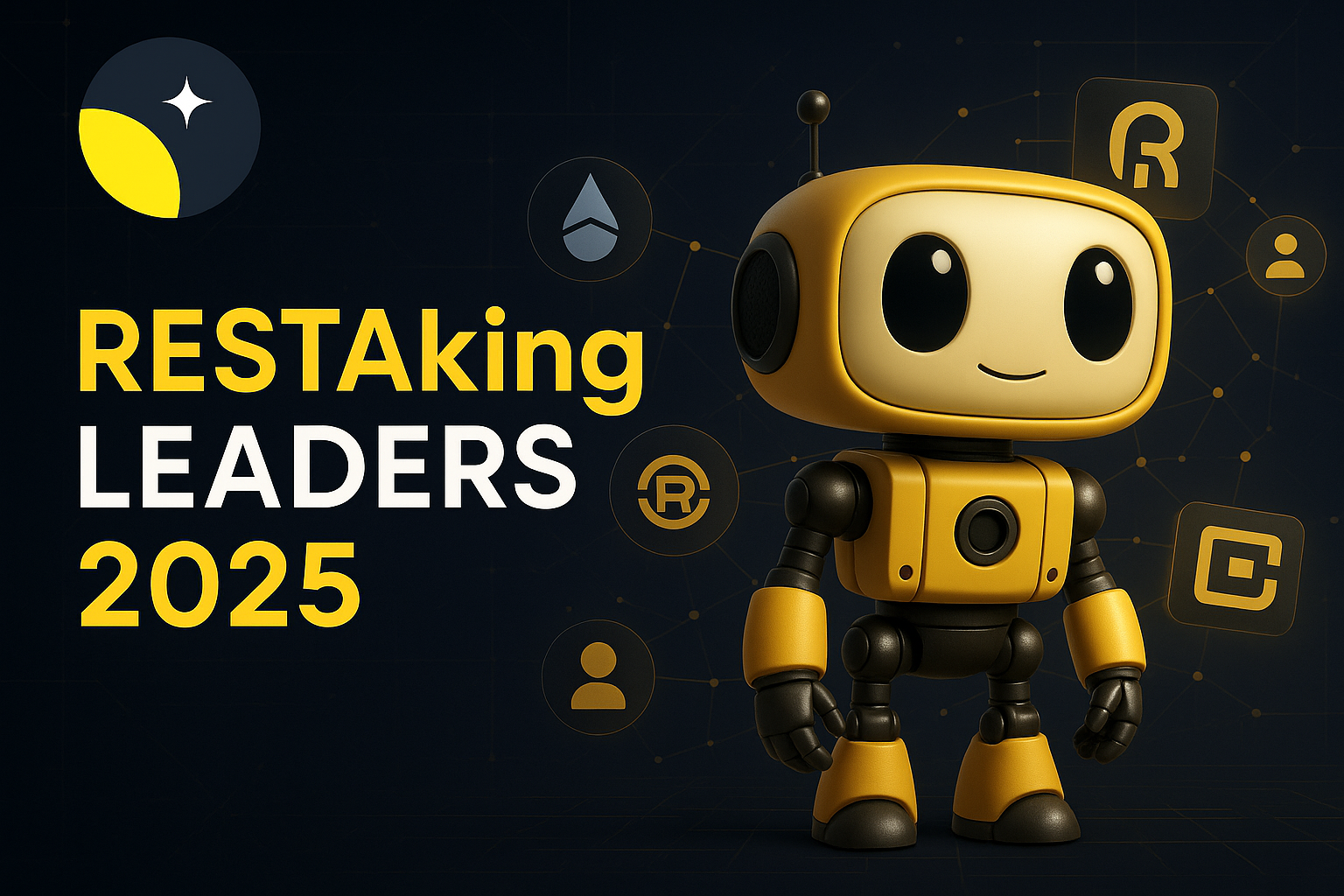
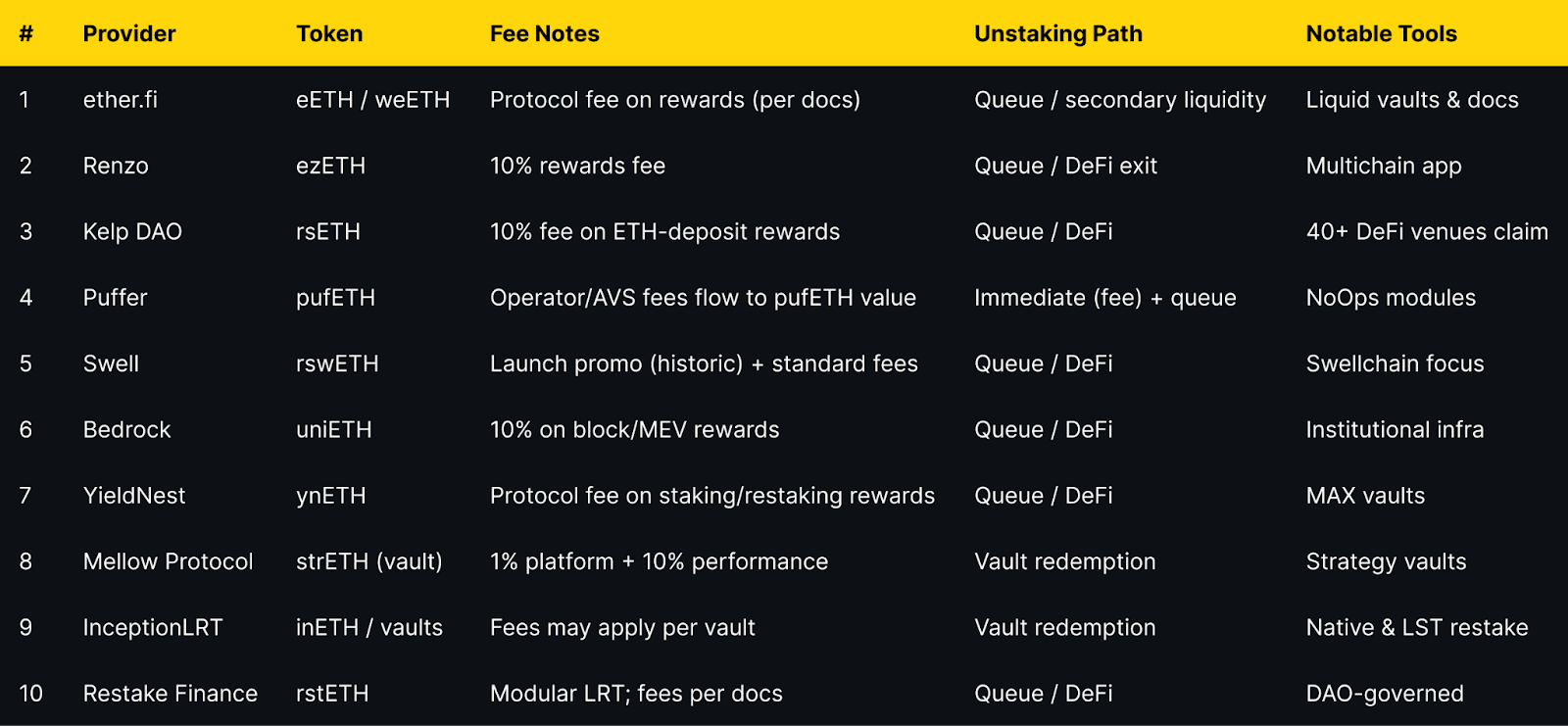

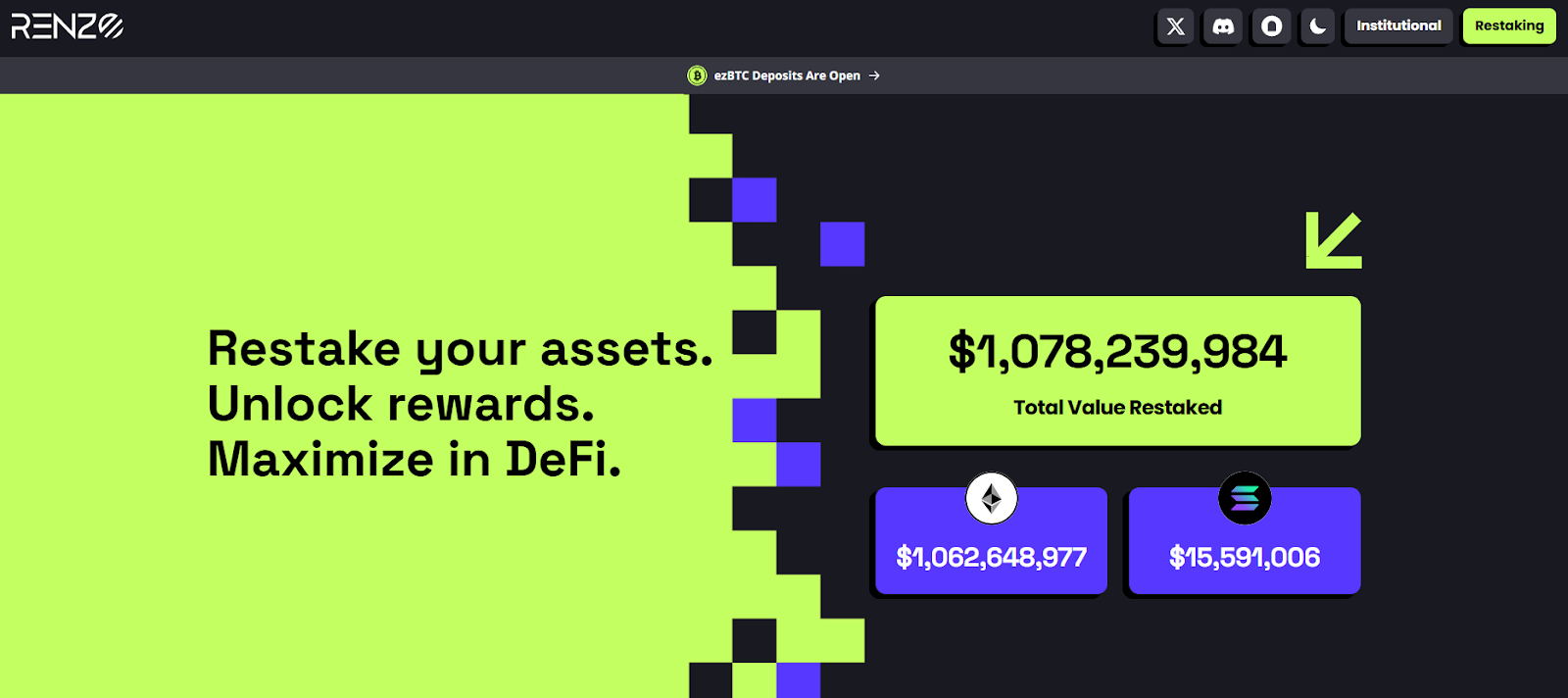
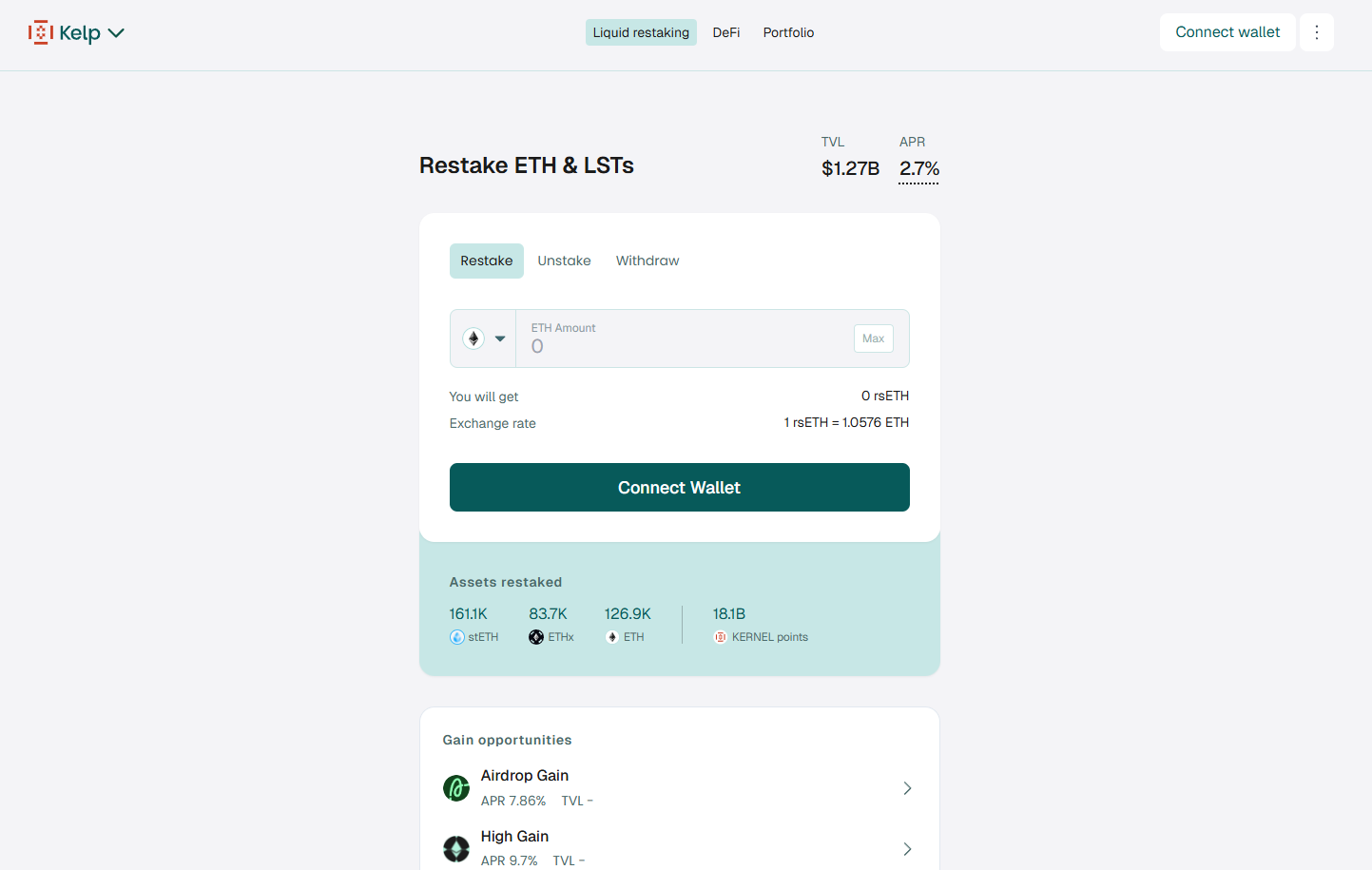
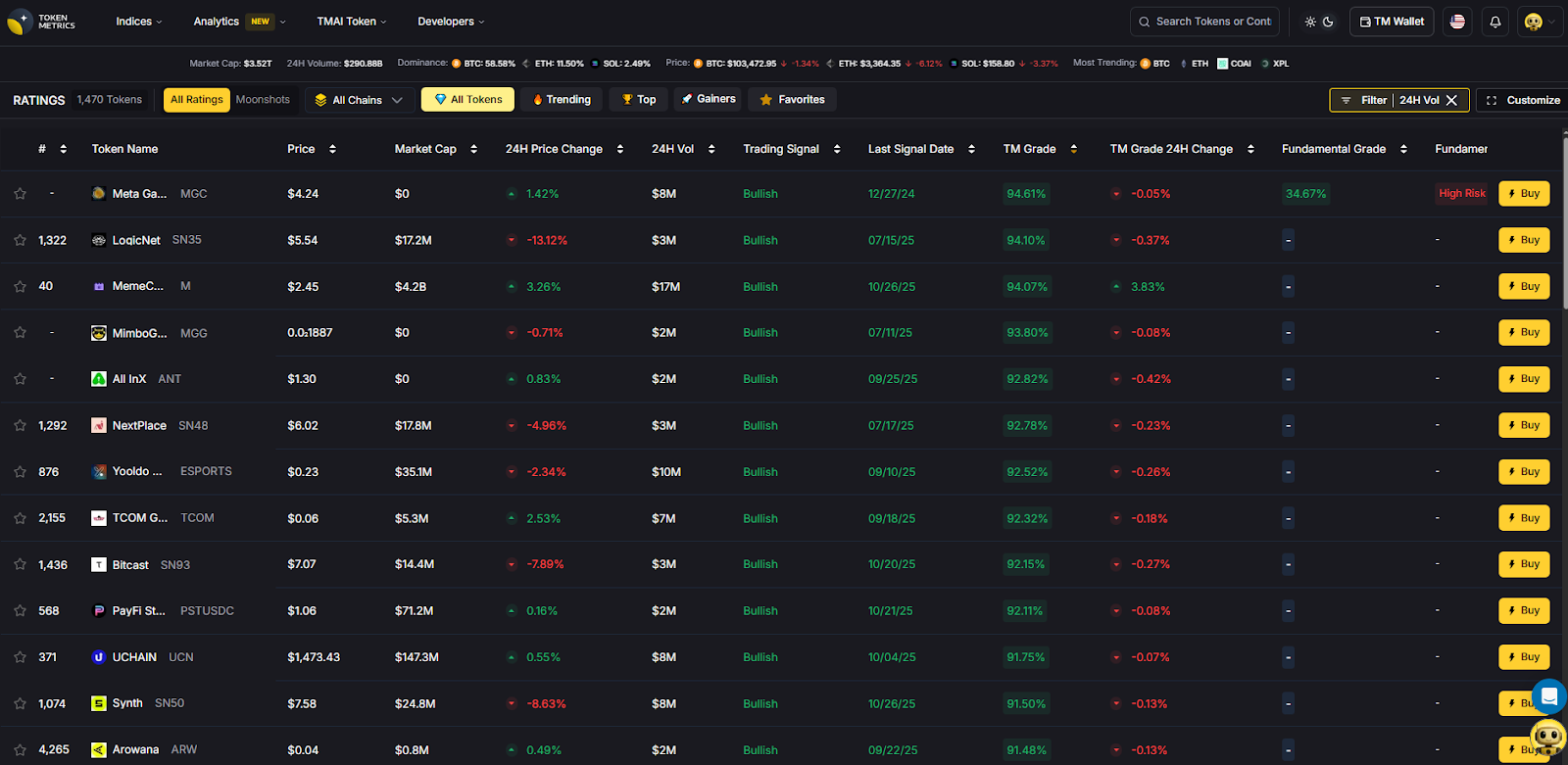
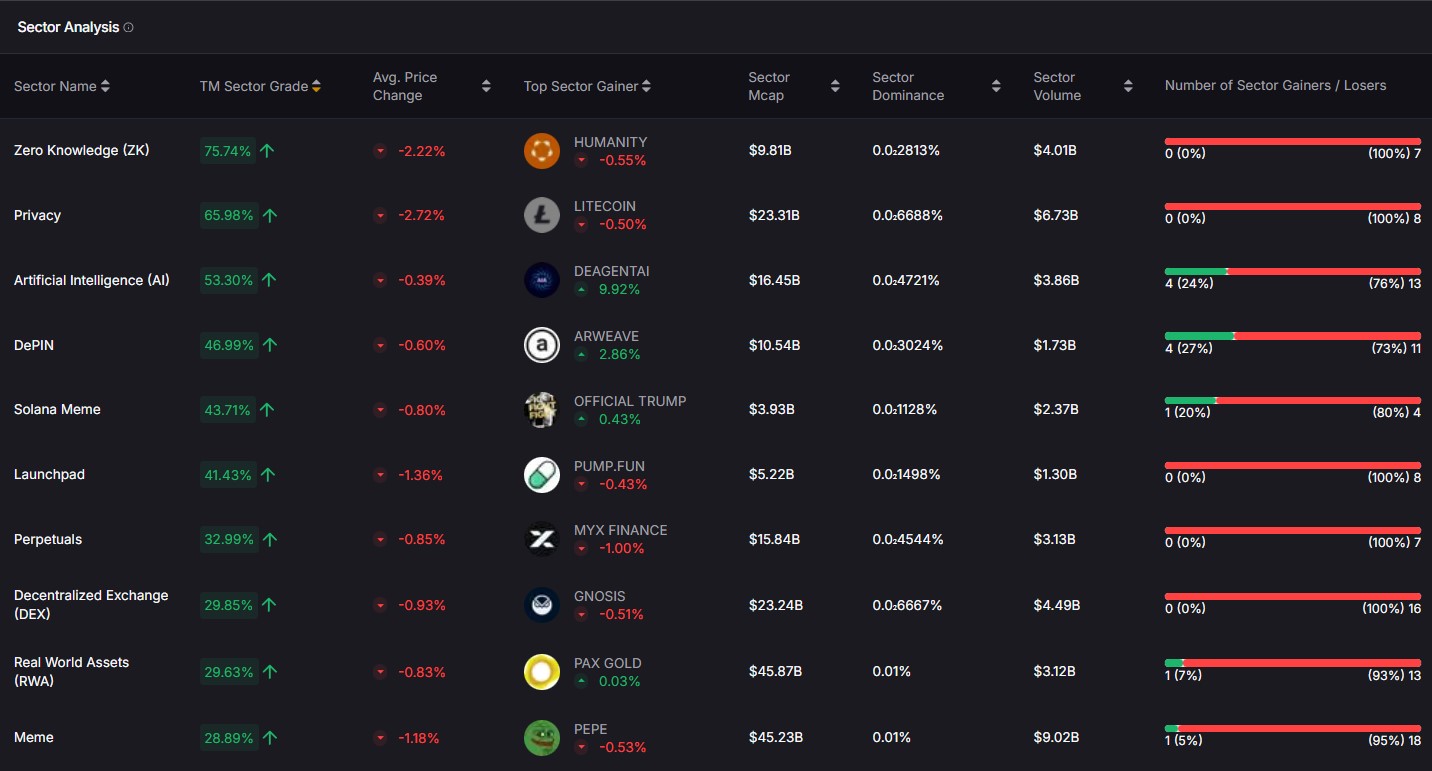

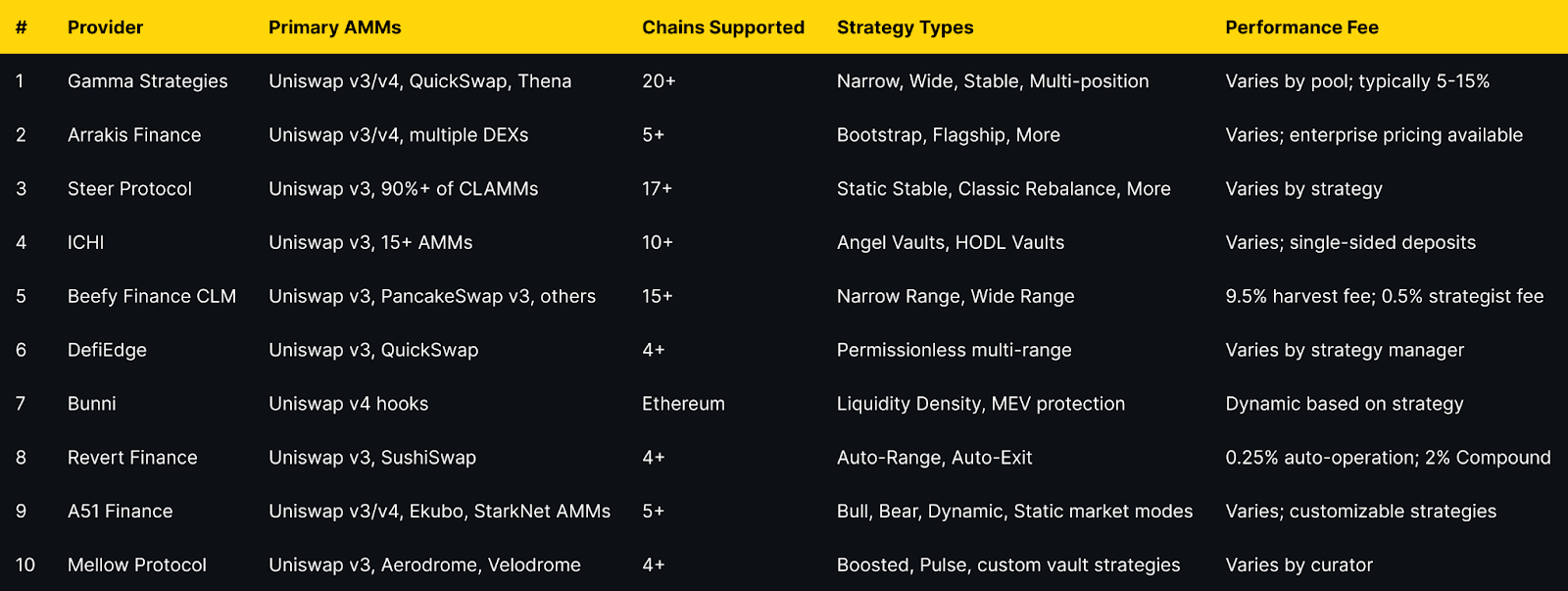
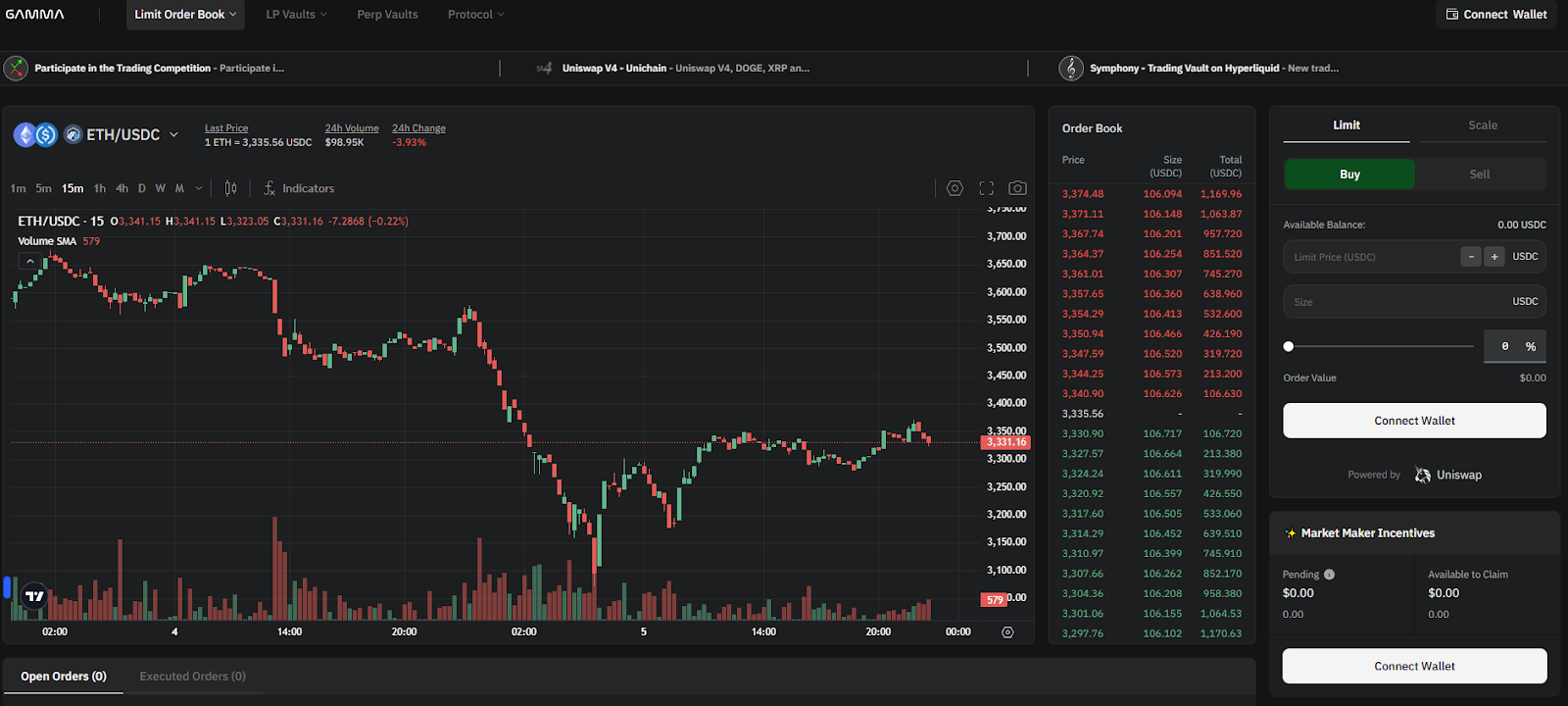
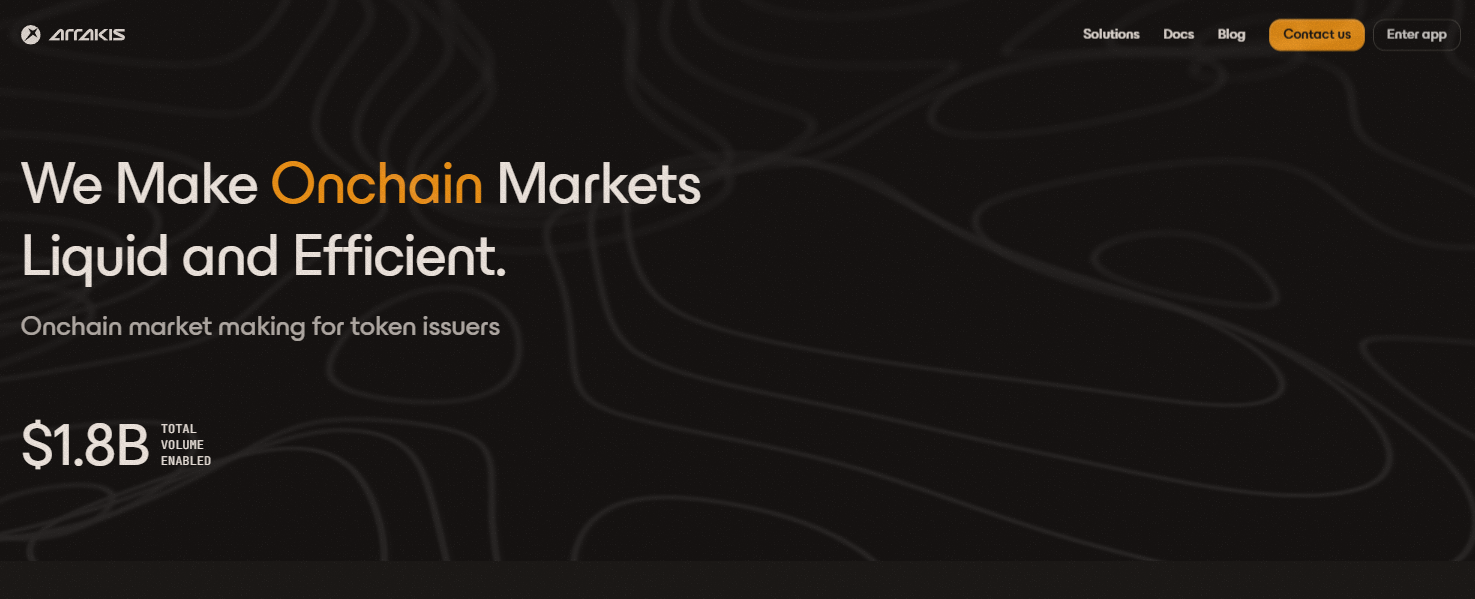
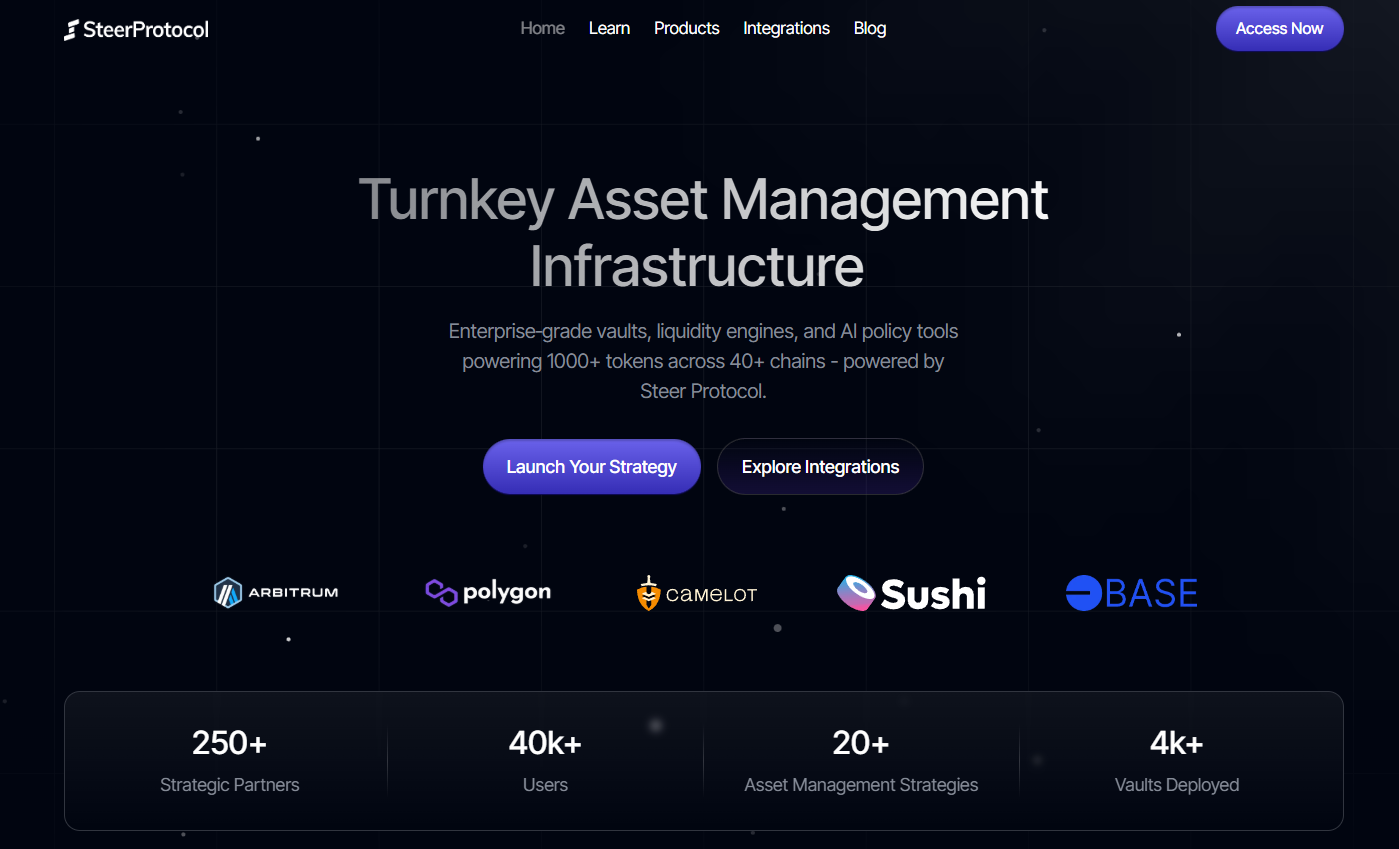
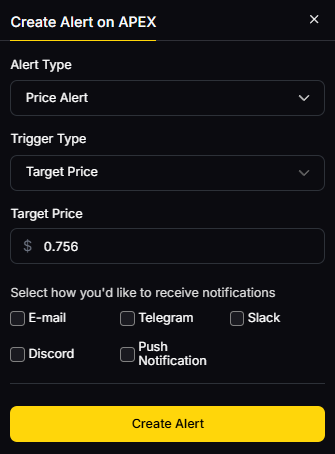


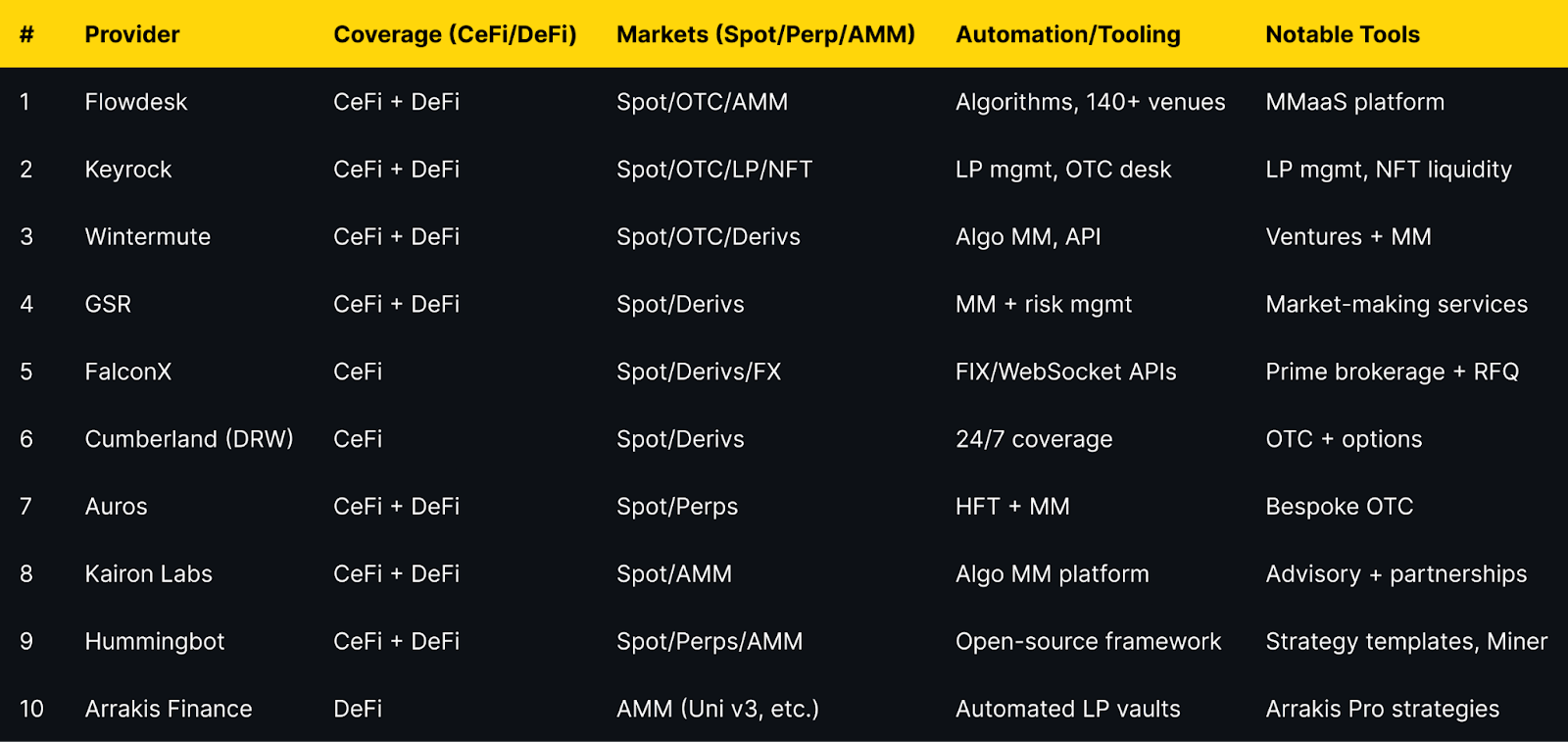
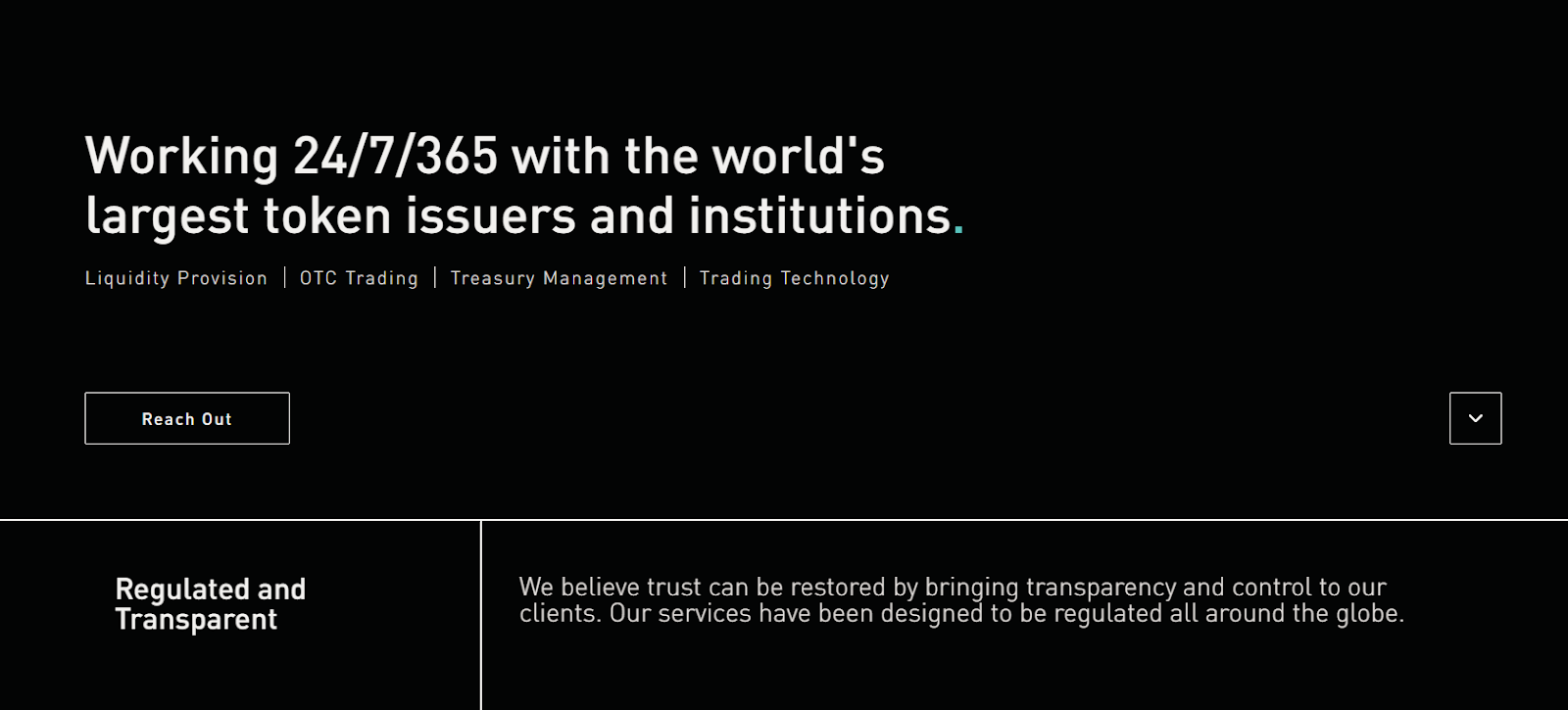





.svg)




.png)